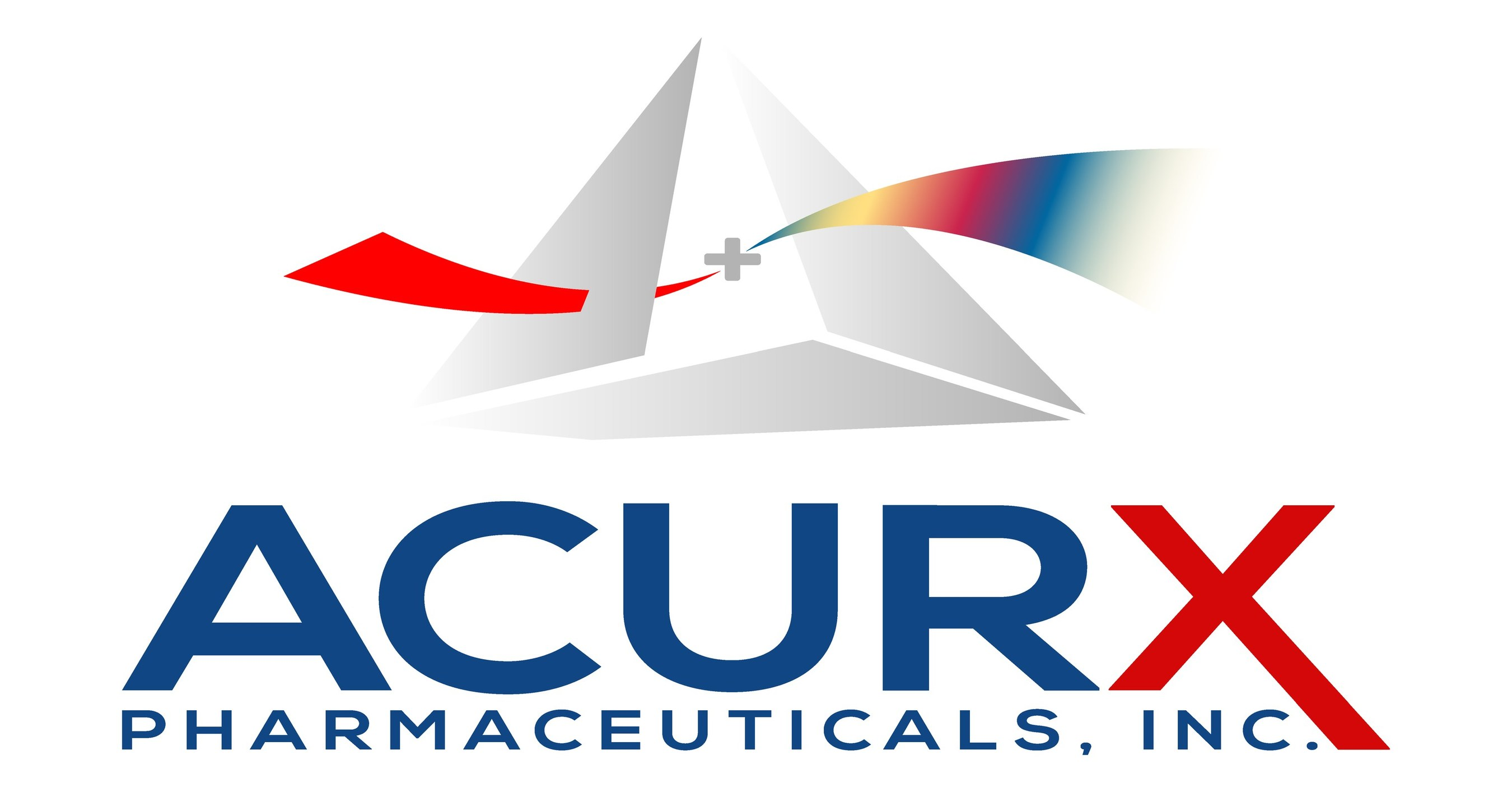Dermata's DMT310 Acne Trial Achieves Key Enrollment Benchmark!
Dermata hits 50% enrollment for Phase 3 trial of weekly acne treatment, aiming for 2025 NDA filing.
Breaking News
Jul 18, 2024
Mrudula Kulkarni

Dermata Therapeutics, Inc., a late-stage biotech firm
specializing in medical and cosmetic skin treatments, announced today that it
has reached the halfway mark in patient enrollment for its critical Phase 3
STAR-1 (Spongilla Treatment for Acne Research) trial. This trial is testing
DMT310, an innovative, once-a-week topical solution designed to treat
moderate-to-severe acne. STAR-1 is the first of two Phase 3 trials that, if
successful, will be used to file a new drug application (NDA) for DMT310.
Dr. Nardo said, “We are excited by the enrollment progress
seen in the STAR-1 study since enrolling our first patient in December 2023 and
want to thank all those patients for their participation in the study,"
said Christopher Nardo, Ph.D., Dermata's Chief Development Officer. "With
all clinical sites activated, we expect to continue our enrollment momentum in
the coming months and expect to announce topline data from the STAR-1 study in
the first quarter of 2025.”
He further added, “Investigators continue to be enthusiastic
about DMT310 and its potential to be the first approved once-weekly, topical
product for the treatment of moderate-to-severe acne as there continues to be a
need for safe and effective treatment options. We believe that if the DMT310
Phase 3 program confirms the safety and efficacy observed in our Phase 2b acne
study, that if approved, DMT310 could become a first line therapy for the
treatment of moderate-to-severe acne.”
The Phase 3 clinical program for DMT310 will encompass two
pivotal trials to assess its efficacy, safety, and tolerability in patients
with moderate-to-severe facial acne. Both trials will be randomized in a 2:1
ratio, double-blind, and placebo-controlled. They aim to enroll around 550
participants aged 9 and above from the United States and Latin America, all
suffering from moderate-to-severe acne. The main objectives are to measure the
mean change from baseline in both inflammatory and noninflammatory lesion
counts and to evaluate the treatment response using the Investigator Global
Assessment (IGA) scale.
The IGA uses a 5-point scale (0-4), with a treatment
response defined as at least a 2-point improvement from baseline and an IGA
score of either 0 (clear) or 1 (almost clear). Patients will receive weekly
treatments of either DMT310 or a placebo for 12 weeks and will undergo monthly
evaluations. The first of these pivotal trials, named STAR-1, will be followed
by a second Phase 3 study and a subsequent long-term extension study. Positive
outcomes from this program will support the submission of a New Drug Application
(NDA) to the FDA.
